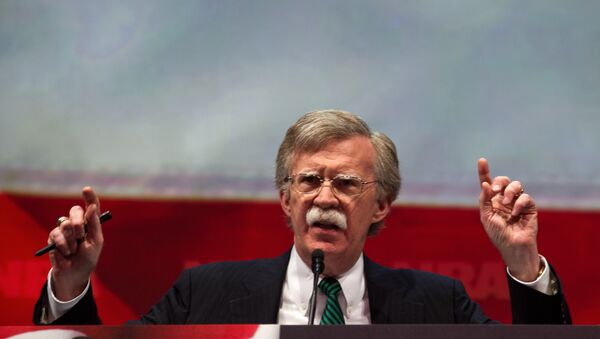Despite encouraging early signs following President Trump’s auguration in 2016, The US and Palestine are now barely on speaking diplomatic terms, due in large part to the US recognition of Jerusalem as Israel's capital in December and Washington's plans to move its embassy from Tel Aviv to the Holy City.
Sputnik spoke with Ilan Pappe, Professor of History and Director of the European Centre for Palestine Studies at the University Exeter for further insight into how Trump's foreign policy concerning Palestine may develop in 2018.
Sputnik: Now that there has been a dramatic reshuffle in the Trump White house. Do you see the American stance towards Palestine changing in any way?
Ilan Pappe: Trump’s own idiosyncratic views on Palestine will only be reinforced by the people around him, when he started his administration, the people who could have had some effect on Middle Eastern policy in general were in place, but now he’s surrounded himself with people who are total yes men when it comes to Hawkish policy, not only in the Middle East but also globally.
Sputnik: Was it a mistake to move the US embassy to Jerusalem?
Ilan Pappe: This is provocative unnecessary action that hopefully will only be remembered as a futile symbolic act, but it has the potential to trigger a response that could not just engulf Palestine and Israel in violent clashes, but also drag in other neighbouring countries. It really puts an end to any reasonable attempt to solve the conflict through diplomacy.
The views and opinions expressed by Ilan Pappe are those of the speaker and do not necessarily reflect those of Sputnik.

